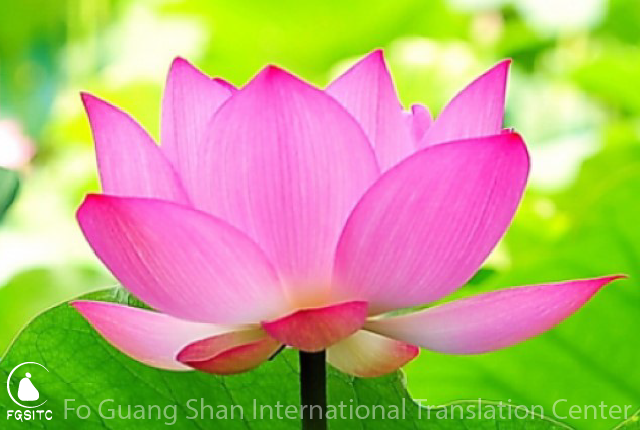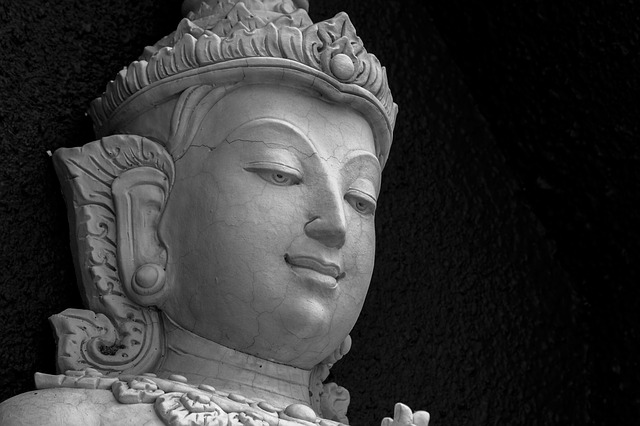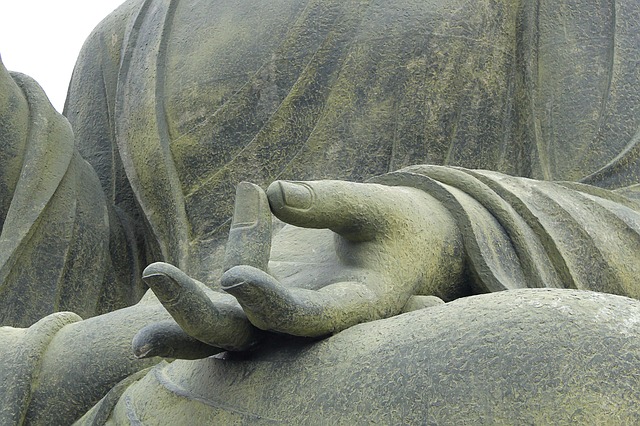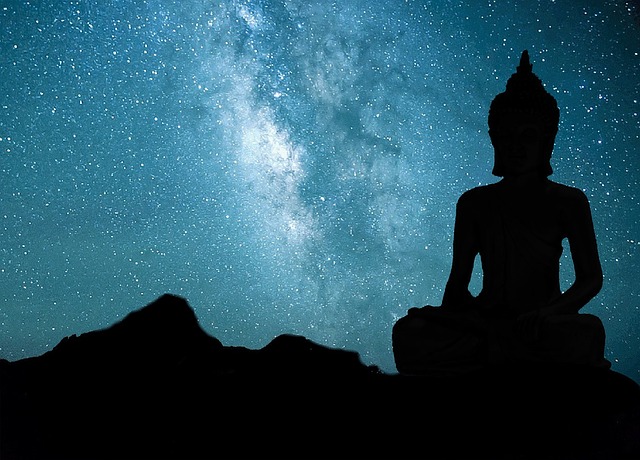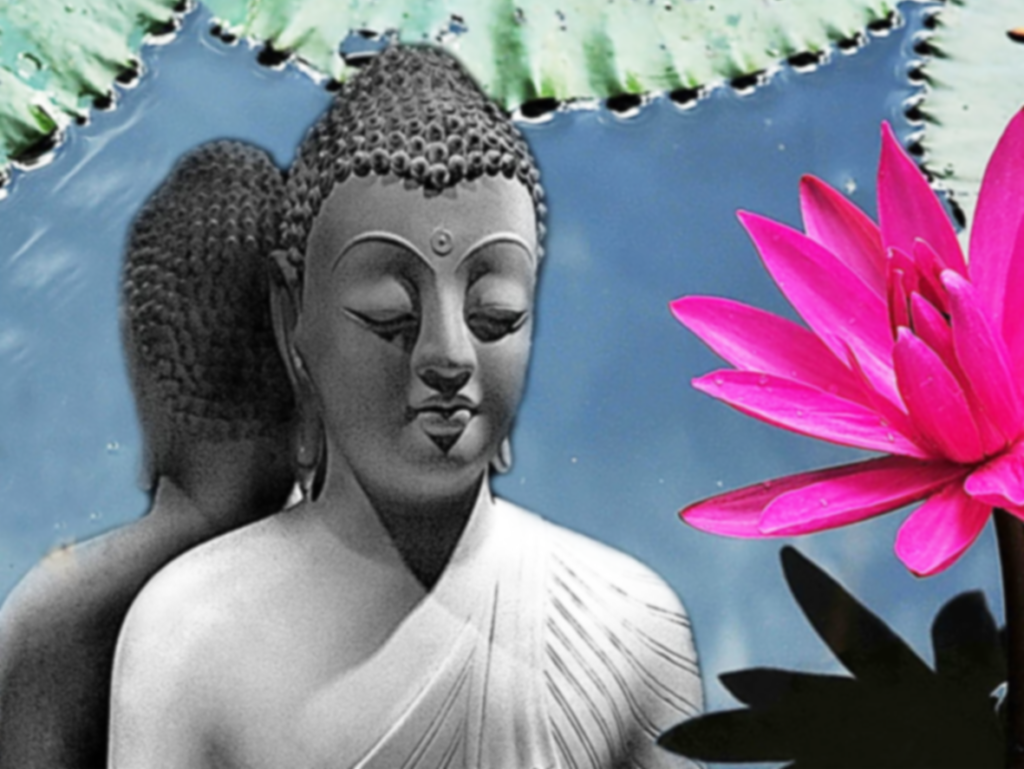In the past, during the feudal period of Chinese history, men were respected while women were thought of as being rather contemptible. The birth of a son was compared to fashioning an ornament as precious as jade, which not only made everyone happy, but also raised the status of his mother. Read more
While the Four Noble Truths explain the phenomena of the universe, the Buddha expounded on them mainly as a guide for life. It is inadequate, however, to merely learn the Four Noble Truths. We must resolve, cultivate and practice accordingly. We must end the causes of suffering, practice the path, and reach the cessation of suffering in order to achieve liberation. Consequently, the Four Universal Read more
True stature is not created by form or ornament; words spoken out of jealousy and greed oppose it. Only when evil has been stopped at its roots, and when there is wisdom without anger is there true stature.— Dharmapadavadana Sutra The False Stature of This WorldEveryone wants to be well regarded by others. However, in seeking true stature, people too often waste their time in Read more
The first realization of The Eight Realizations of a Bodhisatttva Sutra is concerned with what is generally called the Buddha’s view of this world. This first realization is a description of the basic features of the world we live in. The points made in this realization are made in many other Buddhist sutras.The Buddha emphasized these basic points on many different occasions because it is Read more
Harmful attachments are often described in Buddhist literature as impediments or hindrances because they block our view of the truth and prevent us from seeing our own Buddha nature. Read more
Though the worlds that we see are fundamentally a product of our own minds, they usually do not appear this way to us. Like images in an intense dream, our perceptions appear to be wholly real to us, and not to have been generated by our own mental activity. For this reason, the Buddha taught many ways to help us comprehend the true nature of Read more
Birth and death are realities of life. Regardless of who we are, we cannot escape either one. While birth is celebrated, death is feared by most. In order to cope with our fear, we often seek comfort in religion. Although each of the world's major religious traditions has its own teaching concerning death, Buddhism is the only one that promotes the doctrine of impermanence as one Read more
“True Dharma” means those teachings which are right, correct, and do not deviate from the Middle Way.The word “Dharma” has several different meanings. One meaningof “dharma” is “phenomena.” In this sense, “dharma” includes phenomena as large as the universe and as small as a mustard seed. “Dharma” also refers to the truth, the teachings of the Buddha. The Dharma the Buddha taught is what allows people Read more
Prajna allows us to truly know how life comes and goes, and it is only with prajna that we can have the strength to face the realities of life. To survive in this world we need both wisdom and power to alleviate our hardships and overcome adverse situations.Patience gives us both wisdom and strength.Buddhism speaks of three levels of patience.The first is patience for life, Read more
Social harmony stems from handling relationships and communal living with skill, effort, and a spirit of cooperation. We can learn a lot about keeping peace in social living from the six points of reverent harmony that the monastic sangha observes. Sangha is a Sanskrit word, which can be interpreted on many different levels. In its widest interpretation, it refers to all those who have the Read more
What is the fastest thing in the universe? Of course, everyone knows it is light, which moves at three hundred thousand kilometers per second. However, in Buddhism, the fastest thing is not light but a person’s mind. The speed of mind is several hundred times faster than light and is not limited by time and space. In a flash you can think of Li Bo, Read more
Equality is a truth of human life within the universe, it is an aim of humanity, and it is also the basis of Buddhism.The Avatamsaka Sutra says:“All sentient beings are equal.”The Great Perfection of Wisdom Treatise says: “From the very highest level of all Buddhas to the low level of animals, all are equal and there are no differences between them.”The Diamond Sutra says: “All dharmas are equal with no Read more

